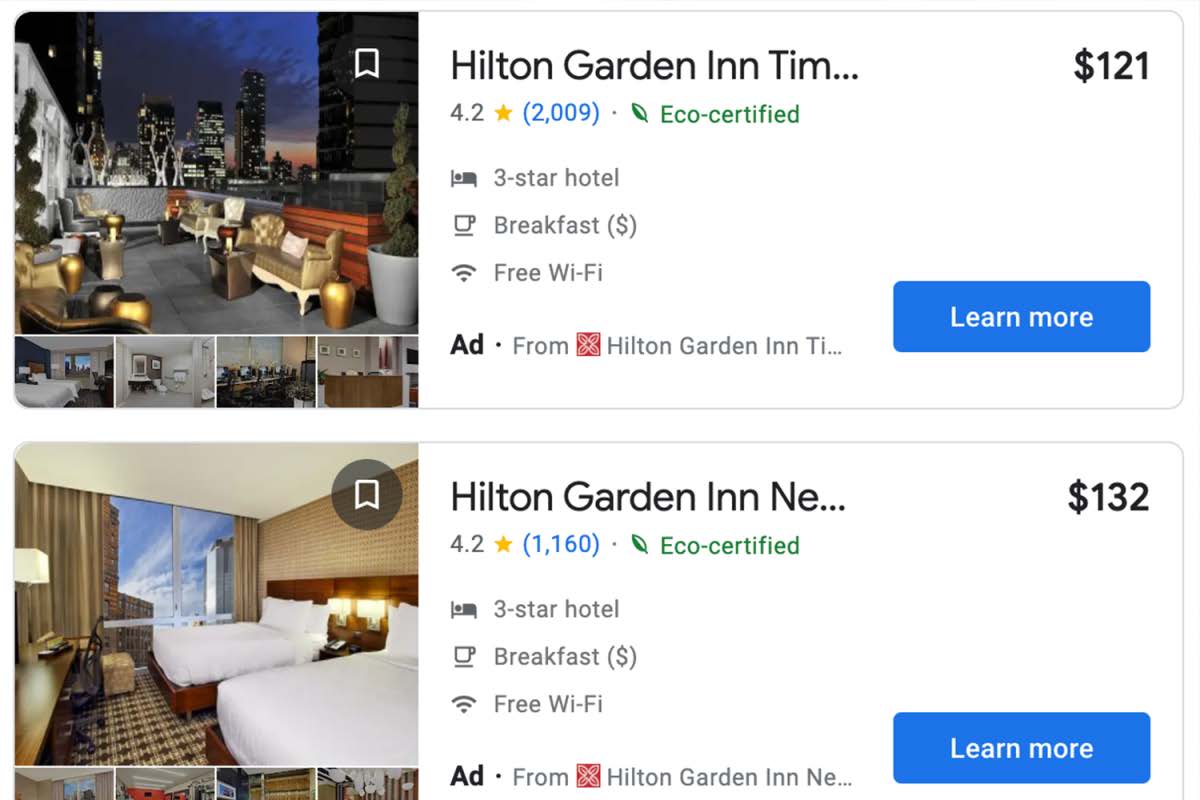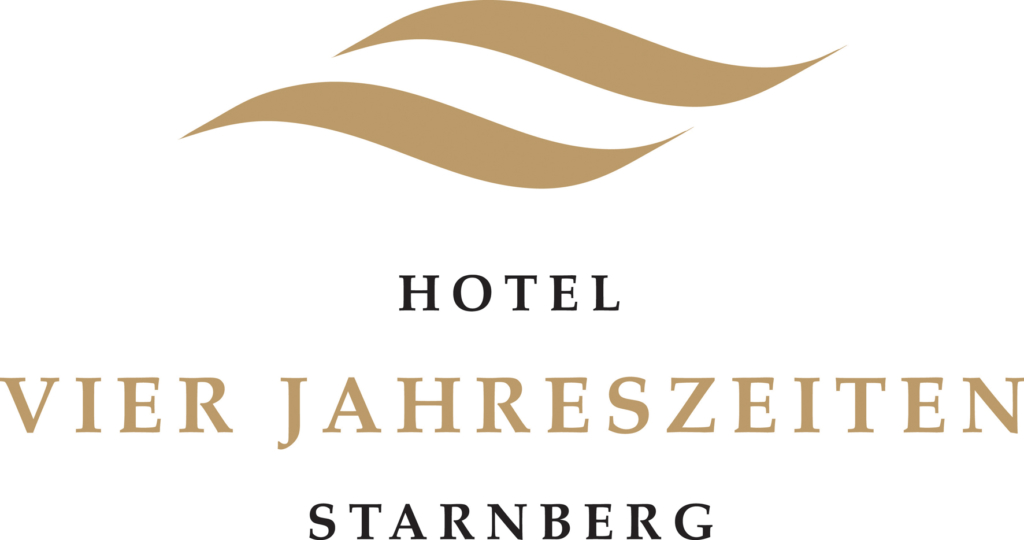Welcome to the dynamic world of the hospitality industry, where hoteliers strive to create unforgettable guest experiences amidst a myriad of hotel challenges. From fierce competition to changing guest expectations and evolving market trends, hotels face a range of hurdles that require strategic navigation and innovative solutions.
While the hospitality industry offers tremendous opportunities for growth and success, it also demands a keen understanding of the challenges that lie ahead. By proactively addressing these challenges, hoteliers can transform obstacles into stepping stones towards achieving excellence in service, operational efficiency, and financial performance.
Join us as we explore the key challenges faced by hotels across the globe, gain insights into the regional nuances in different parts of the world, and uncover effective strategies to tackle these hurdles head-on.
| Region-wise Challenges in the Hospitality Industry and Solutions to Overcome Them |
Whether you’re a seasoned hotelier seeking to fine-tune your approach or an aspiring hospitality professional preparing to enter this exciting industry, fasten your seatbelts, as we embark on a journey to discover the top challenges in the hotel industry and unveil strategies that will empower you to conquer them. Let’s dive in!
Top Hotel Challenges in Europe
Europe is a popular tourist destination, but it also presents unique challenges for hoteliers.
-
- Rising competition and market saturation: With a multitude of hotels vying for guests’ attention, standing out from the crowd becomes crucial. Hoteliers can differentiate their properties by offering unique experiences, leveraging their location, and targeting niche markets.
- Staff recruitment, training, and retention: The hospitality industry heavily relies on skilled and dedicated staff. Hoteliers can implement robust recruitment processes, invest in training and development programs, and create a positive work culture to attract and retain talented employees.
- Regulatory compliance and changing legislation: Hotels must navigate through complex regulatory frameworks, safety standards, and licensing requirements. Staying updated with regulations, engaging legal experts, and implementing proper documentation processes are essential to ensure compliance.
- Technological advancements and digital transformation: Embracing technology is vital to meet evolving guest expectations and streamline operations. Hoteliers can invest in property management systems, online booking platforms, guest relationship management tools, and data analytics to enhance guest experiences and optimize operations.
- Sustainability and environmental concerns: Today’s travelers increasingly value eco-friendly practices. Implementing energy-efficient measures, waste reduction strategies, and sustainable initiatives can attract environmentally conscious guests and positively impact the bottom line.

The green “eco-certified” label next to the small leaf icon, just to the right of your hotel’s rating, represents your hotel’s commitment to sustainability.
Read About Google’s new feature in Google Hotel Search: How to Highlight Sustainability in your hotel.
Strategies to Overcome the Challenges for Hotels in Europe
To tackle these challenges effectively, hoteliers can employ the following strategies:
- Implement targeted marketing strategies and enhance guest experiences: By understanding guests’ preferences and leveraging hotel data analytics, hotels can develop personalized marketing campaigns, offer tailored experiences, and exceed guest expectations.
- Invest in staff development and create a positive work culture: Hoteliers can provide ongoing training, recognize and reward employee achievements, and foster a positive work environment to enhance staff satisfaction and retention.
- Stay updated with regulations and adapt to industry changes: By actively monitoring changes in legislation, partnering with legal experts, and maintaining proper documentation, hotels can ensure compliance and minimize legal risks.
- Embrace technology to streamline operations and improve efficiency: Adopting property management systems, online booking platforms, and guest engagement tools can automate processes, enhance communication, and provide a seamless guest experience.
- Implement sustainable practices and eco-friendly initiatives: Hotels can incorporate energy-saving measures, reduce waste, promote responsible consumption, and communicate their sustainability efforts to attract environmentally conscious travelers.
Having talked about the hsopitality landscape in Europe, let us now move south to the Middle East. This diverse region has a booming hospitality industry, but it also comes with its own set of challenges.
Key Challenges in Hospitality Industry of the Middle East
-
- Geopolitical instability and security concerns: Political unrest and security issues can impact tourist perceptions and deter travel to certain destinations. Hoteliers can collaborate with local authorities, invest in robust security measures, and effectively communicate safety protocols to alleviate concerns and ensure a safe and secure environment for guests.
- Cultural diversity and guest expectations: The Middle East attracts visitors from various cultural backgrounds, each with their own expectations and preferences. Hoteliers can embrace cultural sensitivity and tailor their services to cater to diverse guest needs, including religious considerations, dietary requirements, and language support.
- Human resources management: The Middle East often relies on a large number of expatriate workers in the hospitality industry. Hoteliers can focus on effective recruitment, visa processes, cultural integration, and employee engagement strategies to build a skilled and motivated workforce.
- Seasonality and fluctuating demand: Many destinations in the Middle East experience significant fluctuations in tourism demand due to seasonal patterns. Hoteliers can employ effective revenue management strategies, such as dynamic pricing and targeted marketing campaigns, to optimize revenue during peak and off-peak periods.
Read More: The Impact of Seasonality on Hotel Revenue.
- Infrastructure and transportation: Rapid growth in the Middle East has led to increased demand for infrastructure and transportation. Hoteliers can collaborate with local authorities and industry stakeholders to improve connectivity, transportation options, and accessibility to enhance the overall guest experience.
Solutions for Overcoming the Hotel Challenges in the Middle East
To overcome these challenges, hoteliers in the Middle East can consider the following strategies:
- Develop targeted marketing campaigns: By understanding the unique characteristics of different markets and segments, hoteliers can create tailored marketing campaigns that resonate with their target audience, highlighting the region’s cultural heritage, luxury offerings, or unique experiences.
- Establish strong partnerships: Collaborating with local businesses, tourist boards, and travel agencies can help hotels expand their reach and attract a diverse range of visitors. Partnerships can include joint marketing initiatives, package deals, or special promotions.
- Enhance security measures: Hoteliers can invest in state-of-the-art security systems, train staff in crisis management, and maintain open communication channels with local law enforcement agencies to ensure a safe and secure environment for guests.
- Embrace technology for efficient operations: Implementing advanced hotel management systems, digital check-in/out procedures, and mobile concierge services can streamline operations, improve guest satisfaction, and provide a seamless experience.
- Foster cultural understanding and training: Hotel staff should receive cultural sensitivity training to ensure they can provide personalized and respectful service to guests from diverse backgrounds. Multilingual staff and tailored amenities can also enhance the guest experience.
Common Problems in the Hospitality Industry in North America (NORAM)
The North American hotel industry faces unique challenges that require effective strategies to stay competitive in the market.
- High competition and market saturation: North America boasts a vast number of hotels, resulting in intense competition and market saturation. To tackle this challenge, hoteliers can focus on differentiation through unique offerings, personalized guest experiences, and targeted marketing campaigns.
- Changing guest preferences and expectations: The evolving preferences and expectations of guests pose a challenge for hoteliers. Today’s travelers seek personalized experiences, seamless technology integration, and sustainable practices. Hotels can adapt by embracing technology, leveraging guest data to offer personalized services, and adopting eco-friendly practices to meet guest expectations.
- Labor costs and staffing shortages: The hospitality industry in North America faces labor cost pressures and a shortage of skilled staff. To overcome this challenge, hoteliers can invest in employee training and development programs, offer competitive compensation packages, and explore technology solutions to automate certain tasks and improve operational efficiency.
- Online travel agencies (OTAs) and distribution channels: OTAs and third-party booking platforms have a significant influence on the hotel industry in North America. Hoteliers can adopt a balanced distribution strategy, including direct booking incentives, loyalty programs, and maintaining a strong online presence to reduce dependence on OTAs and maximize revenue.
Overcoming the Hotel Challenges in NORAM
To address these challenges, hoteliers in North America can implement the following strategies:
- Embrace direct bookings: Encourage guests to book directly through the hotel’s website by offering exclusive perks, discounts, or loyalty program benefits. Effective online marketing campaigns and user-friendly booking platforms can enhance the direct booking experience.
- Enhance guest engagement through technology: Invest in innovative technologies such as mobile apps, self-check-in kiosks, and guest relationship management systems to streamline operations, improve communication, and deliver personalized experiences.
- Foster partnerships with local attractions: Collaborate with nearby attractions, restaurants, and entertainment venues to create enticing packages and cross-promote each other’s offerings. This can enhance the overall guest experience and attract a wider range of travelers.
- Focus on sustainability: Implement eco-friendly practices such as energy-efficient operations, waste reduction, and community engagement to appeal to environmentally conscious guests and meet their expectations for sustainable hospitality.
Most Critical Issues in the Hotel Industry in APAC (Asia-Pacific)
The Asia-Pacific region offers immense opportunities for the hotel industry. And while it continues to scale up at unprecedented pace, it also comes with its share of challenges.
-
- Cultural diversity and language barriers: Asia-Pacific is a diverse region with varying cultures, languages, and traditions. Hoteliers can overcome language barriers by employing multilingual staff and providing translation services. Embracing cultural sensitivity and offering customized experiences can enhance guest satisfaction.
- Intense competition and market dynamics: The Asia-Pacific hotel industry experiences intense competition due to the presence of global hotel chains and local players. Hoteliers can differentiate themselves by focusing on unique selling points, such as location, amenities, and guest experiences, and by leveraging technology to improve operational efficiency and guest engagement.
- Technology adoption and infrastructure: While some areas in Asia-Pacific have advanced technological infrastructure, others may still be developing. Hotels can embrace technology to enhance the guest experience, streamline operations, and improve distribution channels. Collaboration with technology providers and local authorities can address infrastructure challenges.
- Evolving guest expectations: Travelers in Asia-Pacific have evolving expectations, including personalized services, seamless technology integration, and sustainability initiatives. Hotels can implement guest-centric strategies, such as loyalty programs, personalized marketing campaigns, and sustainable travel practices, to meet and exceed guest expectations.
Overcoming the Challenges faced by the Hotel Industry in Asia Pacific
To tackle these challenges, hoteliers in the Asia-Pacific region can consider the following strategies:
- Embrace mobile technology: With a high smartphone penetration rate in many Asian countries, hotels can leverage mobile apps for seamless guest interactions, mobile check-ins, and personalized recommendations. Mobile payment options and in-room technology can enhance the overall guest experience.
- Cater to diverse cultural preferences: Customize guest experiences to cater to the cultural preferences of different markets within the Asia-Pacific region. This includes providing language support, offering culturally relevant amenities, and adapting services to specific cultural requirements.
- Develop partnerships with local tour operators: Collaborate with local tour operators and travel agencies to create comprehensive travel packages that combine hotel stays with local attractions, cultural experiences, and transportation. This collaboration can expand the hotel’s reach and attract a wider range of guests.
- Invest in sustainable practices: Implement eco-friendly initiatives, such as energy-efficient operations, waste reduction, and community engagement, to appeal to environmentally conscious travelers. Showcase these sustainability efforts to attract and retain eco-conscious guests.
Current Issues in the Hospitality Industry in Latin America (LATAM)
The Latin American hotel industry faces a unique set of challenges that require innovative approaches to thrive in a competitive market.
- Economic and political instability: Economic volatility and political uncertainties can impact tourism demand in Latin America. Hoteliers can adapt by diversifying their target markets, focusing on domestic tourism, and collaborating with local tourism boards and government agencies to promote the region as a safe and attractive destination.
- Infrastructure limitations: Some areas in Latin America face infrastructure limitations, including transportation, connectivity, and utilities. Hotels can work with local authorities and invest in infrastructure development to improve accessibility, connectivity, and the overall guest experience.
- Language and cultural barriers: Latin America attracts visitors from around the world, and language and cultural differences can present challenges. Hotels can overcome this by hiring multilingual staff, providing language support services, and offering cultural immersion experiences to create a welcoming environment for international guests.
- Safety and security concerns: Addressing safety and security concerns is crucial to attracting and retaining guests. Hoteliers can invest in security measures, train staff in safety protocols, and collaborate with local law enforcement agencies to ensure the safety and well-being of guests.
Read More: Distribution Challenges for Hotels in Latin America.
Tactics to Overcome the Hotel Challenges in Latin America
To overcome these challenges, hoteliers in Latin America can employ the following strategies:
- Embrace digital marketing and social media: Utilize digital marketing channels and social media platforms to reach a broader audience and promote unique experiences and cultural attractions in Latin America. Engage with potential guests through captivating content and targeted advertising campaigns.
- Build strong partnerships: Collaborate with local tourism organizations, travel agencies, and airlines to create comprehensive travel packages and promote cross-destination itineraries. This partnership approach can help increase exposure and attract a diverse range of travelers.
- Provide authentic local experiences: Highlight the rich cultural heritage of Latin America by offering authentic local experiences, such as culinary tours, traditional music performances, or indigenous art workshops. This can create a memorable and unique guest experience that sets hotels apart from competitors.
Concluding Remarks
The hotel industry is not without its challenges, but with the right strategies and proactive approaches, hoteliers can navigate through these hurdles and achieve success. By understanding and addressing challenges specific to their regions, including Europe, the Middle East, NORAM, LATAM, and APAC, hoteliers can tailor their efforts to maximize revenue, enhance guest experiences, and maintain a competitive edge.
Through embracing technology, focusing on guest satisfaction, building strategic partnerships, implementing sustainable practices, investing in employee training, and maintaining a strong online presence, hotels can overcome these challenges and thrive in the global hospitality landscape.
By staying agile, innovative, and customer-centric, hotels can not only tackle challenges head-on but also seize opportunities for growth, maintain profitability, and deliver exceptional experiences that keep guests coming back for more.
Remember, each challenge presents an opportunity for improvement and innovation. Embrace these challenges, adapt to changing landscapes, and continue to evolve to create a thriving and successful hotel business in the global market.
 Deutsch
Deutsch Português
Português Italiano
Italiano Espanol
Espanol čeština
čeština ไทย
ไทย Français
Français




